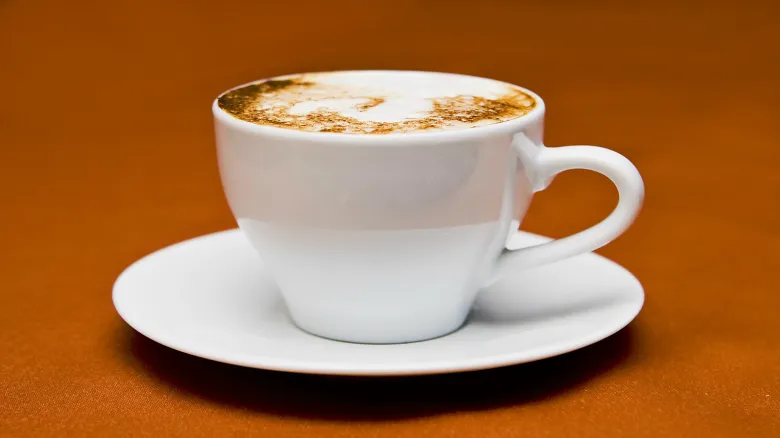I love coffee. Since my school days, I have taken caffeine to increase alertness. The amount did not matter as long as it was strong enough. But how much coffee should you consume? When should you take it to get the best results? A new algorithm may provide answers.

Before we discuss the algorithm, let me tell you a true story. One day I was reading for my exams at college and made my favorite cup of coffee. I intended to stay awake and alert until 2.00 am in the morning. At the time I would take one cup every hour I wanted to stay awake, and it worked.
I left my coffee on the table and went to bathe. When I came back, I started taking my coffee. I was shocked to find a black moth at the bottom of the cup.
There is that feeling of disgust you get when you realize you have eaten something repugnant. I wanted to throw up but did not. The sight of the dead moth has stayed with me up to this day.
I thought I was going to die. When I did research, I found out that the majority of butterflies and moths are not poisonous. I hoped that the moth in my coffee was among the non-lethal type and indeed it was.

After the incident, I did not take coffee for a week. I started chewing coffee beans and got even better results. When I took the coffee a bit early in the evening, it was more effective than when I took it when I had started dosing.
I did not realize then that the time you take the coffee and the amount ingested impacts on sleep and the level of alertness. Coffee affects each one of us differently; the amount that keeps me awake may be insufficient for you.
According to Villanova University, about 90% of Americans ingest caffeine in some form on a daily basis to counter a rough night of sleep or prevent afternoon dozing. For soldiers, staying awake is a necessity.
Dr. Jaques Reifman of the U.S. Army Medical Research and Materiel Command has come up with an algorithm to that he hopes will optimize caffeine intake for soldiers and in the long run the general population.
The algorithm determines the best time and amount of caffeine a person should consume to improve alertness. Trials have shown that the algorithm can improve the alert level by up to 64 percent while ingesting the same total amount of caffeine.
On the other hand, a subject can consume 65% less caffeine and still achieve similar improvements in alertness, by using the algorithm. The Journal of Sleep Research published the research findings on June 4, 2018.
According to Quartz Media, the algorithm is being tested on soldiers and is not yet in the public domain.